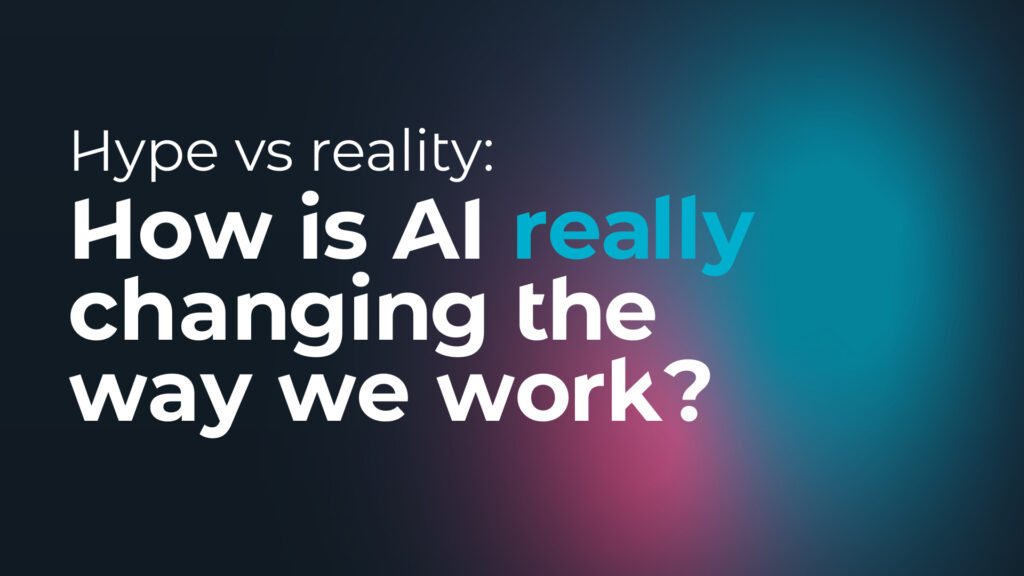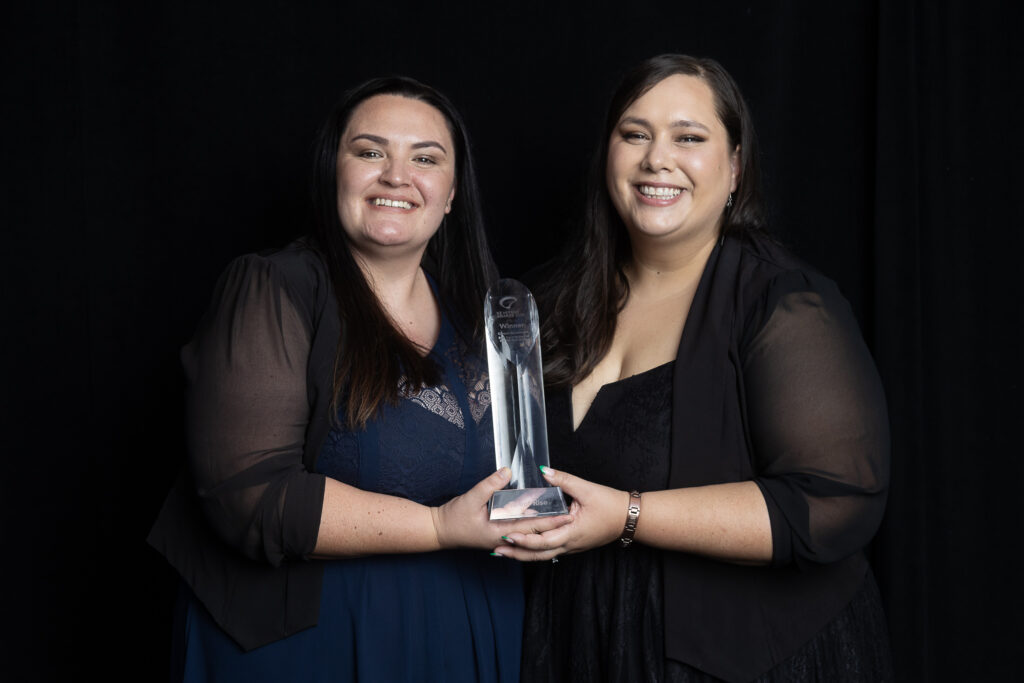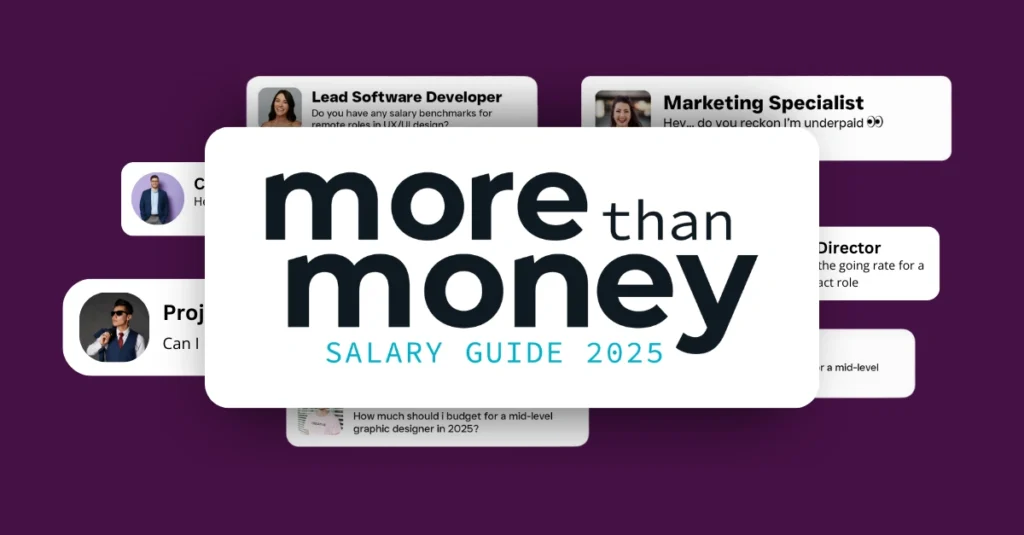As businesses across Australia and New Zealand continue their digital transformation in 2025, certain tech skills are becoming highly sought after by employers.
Whether you’re an IT professional looking to future-proof your career or aspiring to become a tech specialist, developing expertise in these key areas can boost your employability and give you an edge in this year’s hiring market.
Let’s get into the top five tech skills in demand for 2025, their applications across the top industries hiring these specialists, and the online courses available via LinkedIn Learning, and Skillsoft Percipio which is free for Talent contractors through our ENGAGE platform.
1. Data Architecture
As companies generate and use increasing amounts of data, they need structured frameworks to ensure data is accessible, reliable, and secure. This is where data architects come in, with their role involving designing, managing, and optimising the way data is stored, processed, and kept secure within an organisation.
This year, the top industries hiring for data architecture professionals and potential applications within these organisations are Finance & Banking (managing vast transactional and compliance data), Healthcare (securing patient data management), Retail & eCommerce (optimising customer and sales data) and Government & Public Services (handling citizen data securely).
Key specialisations within this area are Data Governance & Compliance ensuring data policies align with regulations, Cloud Data Architecture which entails designing scalable cloud-based data systems, and Big Data Solutions to manage large datasets for analytics and AI.
Online courses to get you started as a data architect are ‘Learning Data Architecture’ on LinkedIn Learning and ‘Data Architecture Fundamentals’ on Skillsoft Percipio.
2. Azure SQL
Microsoft’s cloud-based database services, Azure SQL enables businesses to store, manage, and analyse structured data efficiently. Organisations migrating to cloud-based infrastructure requires specialists skilled in Azure SQL administration and development.
In 2025, the top industries hiring for Azure SQL experts and their potential applications are Corporate IT & Enterprise Solutions (managing company-wide data), Healthcare (handling electronic health records securely), Manufacturing & Logistics (optimising supply chain data), and Telecommunications (scaling large databases for millions of users).
Key Azure specialisations are Azure SQL Database Administration to configure, manage, and optimise cloud-based databases, Data Integration with Azure to connect Azure SQL with other cloud services, and Performance Tuning & Security ensuring database efficiency and security.
Online courses to gain a better understanding of this skill area are ‘Microsoft Azure SQL for Beginners’ on LinkedIn Learning, and ‘Azure SQL Administration Essentials’ on Skillsoft Percipio.
3. ITIL Implementation
Information Technology Infrastructure Library (ITIL) is a framework for IT service management (ITSM) helping businesses deliver high-quality and efficient IT services. ITIL-certified professionals can streamline IT processes, reduce downtime, and improve service delivery.
This year, the top industries hiring for ITIL experts and what the role could entail are Banking & Financial Services (ensuring IT systems run smoothly), Telecommunications (optimising IT support services), Government & Public Sector (implementing efficient IT service management), and Enterprise IT Departments (standardising IT operations and processes).
If we were to break this specialisation down even further, these would be: ITIL Service Strategy & Design to align IT services with business goals, ITIL Change Management ensuring smooth updates and system changes, and ITIL Service Operations to optimise help desk and IT support services.
Two online courses to get you started are ‘Foundations of ITIL’ on LinkedIn Learning, and ‘ITIL 4 Foundation Certification Course’ on Skillsoft Percipio.
4. Security Information and Event Management (SIEM)
SIEM solutions collect, analyse, and respond to security threats in real-time by monitoring logs, detecting anomalies, and automating incident responses. With cybersecurity threats on the rise, businesses need SIEM experts to protect critical systems and data.
In 2025, these are the top industries hiring SIEM specialists and its potential applications: Cybersecurity & IT Services (detecting and preventing attacks), Healthcare (protecting patient records from breaches), Government & Defence (securing sensitive information and critical infrastructure), and Retail & eCommerce (preventing fraud and cyberthreats).
Key specialisations within this skill area are SIEM Platform Management to configure and optimise SIEM tools like Splunk, IBM QRadar, and Microsoft Sentinel, Threat Intelligence & Analysis to identify security threats before they escalate, and Incident Response & Forensics to investigate and mitigate security breaches.
Online courses to get you started are ‘Introduction to SIEM’ on LinkedIn Learning and ‘SIEM Essentials’ on Skillsoft Percipio.
5. Microsoft Azure Machine Learning
Azure Machine Learning is a cloud-based AI and machine learning platform enabling businesses to build, deploy, and manage AI models at scale. With AI-driven automation and analytics becoming a core business function, expertise in Azure ML is highly valuable and sought-after.
In 2025, the top industries hiring for Azure Machine Learning experts and potential use-cases are: Finance & Banking (fraud detection, risk assessment), Healthcare (predictive analytics for patient diagnosis), Retail & eCommerce (personalised recommendations, inventory forecasting), and Manufacturing (automated quality control, process optimisation).
Specialisations within this area are AI Model Development, building and training predictive models using Azure ML, MLOps (Machine Learning Operations) to deploy and maintain ML models efficiently, and Deep Learning & Neural Networks to develop advanced AI applications.
Online courses to gain a better understanding are ‘Azure Machine Learning Fundamentals’ on LinkedIn Learning, and ‘Microsoft Certified: Azure AI Engineer Associate’ on Skillsoft Percipio.
Conclusion
To remain competitive in a market that is currently in an employer’s favour, it’s important to continue developing your skills and specialties. Whether you’re interested in data, cybersecurity, cloud computing, or IT service management, mastering any of these above skills can unlock new career opportunities.
If you’re part of our contractor community at Talent, reach out to your Contractor Care point of contact and ask how you can join our all-in-one contractor hub, ENGAGE. With free Skillsoft Percipio courses on offer, now is the best time to invest in your professional development.
Learn more about contracting through Talent here, or if you’re on the search for a new job head to our jobs board. If you’re curious about what tech professionals in these fields are earning across Australia and New Zealand, head to our Salary Guide filled with all the latest data.













